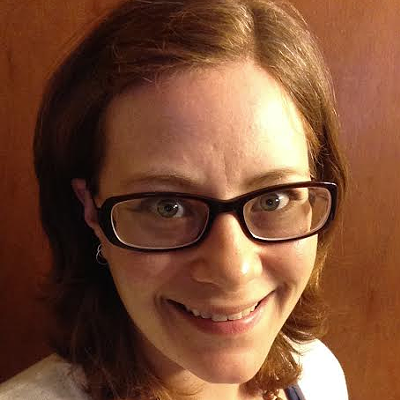However, the most intense public testimony centered around a suggested change to the reg that would prevent caregivers from serving over ten patients; although caregivers are currently limited to serving five patients, they may submit a waiver that will allow them to work with more than that. Heart-wrenching stories from parents who moved children with life-threatening conditions to Colorado for treatment with cannabis and testimony from industry activists generally questioning the Board of Health's authority over these legal issues dominated public commentary. Nonetheless, the Board of Health approved the modifications, although one line was removed.
See also: Marijuana Working Group Asks: Should All Pot Edibles Be Colored Orange?
The stated concern about the waiver was that caregivers are making money off of medical patients, essentially acting as grow operations rather than following the state definitions, which require caregivers to provide more than simply marijuana to their patients. Hearing notes stated that most patients with caregivers (87 percent) live within driving distance of a medical marijuana center, and many of the questions Board of Health members asked centered around whether specific medication could be obtained through a dispensary or grown directly by the patient rather than being provided by a caregiver.
There are twenty caregivers in the state who supply medication for more than five patients and four caregivers whose patient roster exceeds ten. One of the latter, Jason Cranford, is a caregiver for almost ninety patients; he testified that he provides a non-intoxicating, high-CBD oil that numerous parents use to treat their children's assorted neurological disorders. Several of those children were present in the gallery during the morning testimony -- many of them with obvious neurological disorders -- and their parents were there, too. They came to testify for Cranford and plead with lawmakers not to block their access to his medication.
Only two providers in the state offer the type of low-THC, high-CBD meds that Cranford grows, and he noted that keeping his product out of dispensaries makes it affordable for the families who need it. (Some dispensaries sell one gram of high-CBD oil for $50 to $60, and many patients need multiple grams every day to manage seizures and other debilitating conditions.)
Cranford stated that it took him six years to grow these non-intoxicating strains. When Board of Health executive director Dr. Larry Wolk asked him whether he has offered to share his non-intoxicating strains with dispensary owners, Cranford stated that there was little interest in a non-intoxicating strain from a commercial perspective, and that dispensaries have had years to cultivate their own low-THC, high-CBD strains. "I've tried, but no one's interested," he said.
Dr. Wolk then asked Cranford whether cultivating their own low-THC, high-CBD strains is something the parents of the children he cares for could manage on their own. "These children are in wheelchairs" was Cranford's incredulous response. "Can you not see this? They don't have the time."You can pass this rule today, but I'm not going to stop what I'm doing," Cranford continued, adding that the state would have to put handcuffs on him before he dropped any of his patients while the gallery erupted in applause.
Testimony from some of Cranford's patients emphasized that the people speaking on his behalf believe he upholds the state definition of "caregiver," and some activists who spoke wondered why caregivers seem to be held to higher standards than physicians, who might spend only ten to fifteen minutes each year with their patients -- and could have patient panels that number thousands of people. Many advocates testified that patients need their access to quality caregivers expanded, not restricted.
After breaking for a private executive session to discuss the testimony and eat lunch, the Board of Health headed to a spot across the street rather than the chamber reserved in the Capitol for their executive meeting; Kara Miller of the Marijuana Industry Group and Kristen Thompson from the Cannabis Business Alliance (neither of whom provided testimony) were seen with Board of Health members immediately prior to the private session. The contents of that session are protected by attorney-client privilege and not accessible to the public, according to the Board of Health.
Ultimately, the Board of Health voted to remove the line, "Where waivers apply, caregivers will be allowed to serve a maximum of ten patients at a time" -- which seems to resolve the caregiver problem, if not the other issues raised about the regulations -- before agreeing 6-1 to approve the rules. Many of those remaining in the gallery by that time were vocally upset with the vote; many of the parents of the children who Cranford cares for had left by that point, after a long and emotionally exhausting morning.











